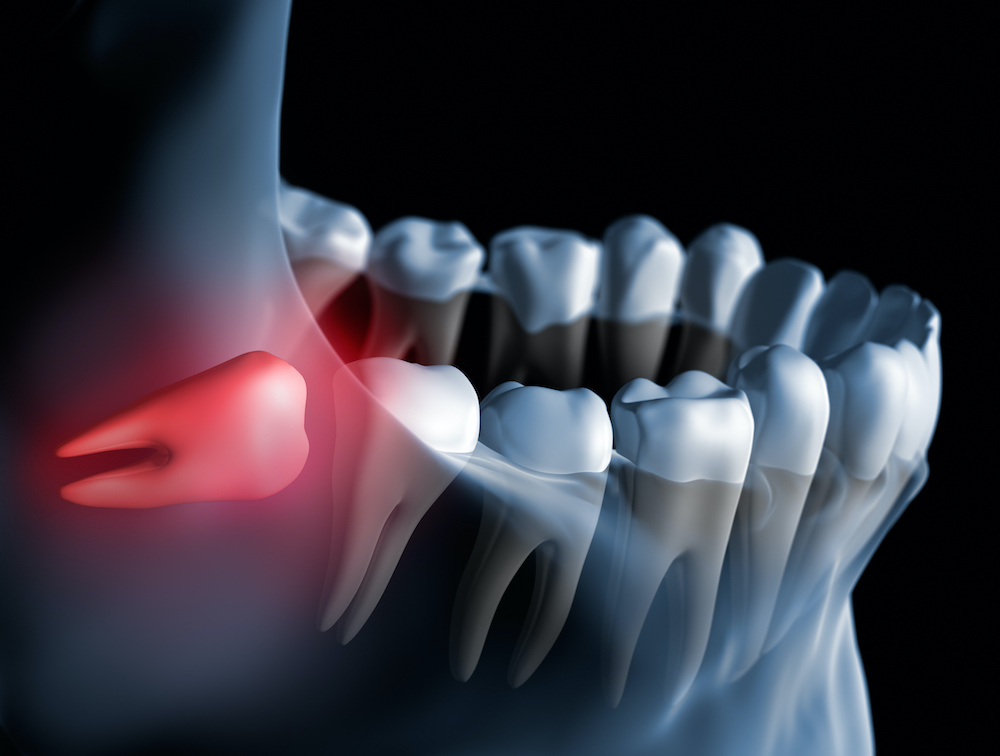Wisdom teeth, also known as third molars, are the last set of permanent teeth to emerge, usually appearing in your late teenage years or early twenties. For many people, these teeth can cause a variety of problems and in some cases, they need to be removed. In this blog post, we’ll discuss why you might need to have your wisdom teeth removed.
- Lack of space in the mouth: Wisdom teeth can be particularly problematic because they often grow in when there is little space left in your mouth. This can result in crowding of other teeth and misalignment, causing discomfort and pain.
- Impacted wisdom teeth: Some wisdom teeth don’t fully emerge from the gum, which is known as an impacted wisdom tooth. When this occurs, it can cause pain and swelling and may also lead to infection.
- Decay and gum disease: Wisdom teeth can be difficult to clean properly due to their location at the back of the mouth. This can result in an increased risk of tooth decay and gum disease, which can spread to other teeth if not treated.
- Cysts: If a wisdom tooth is impacted, it can develop a cyst, which can cause damage to surrounding teeth and jawbone.
- Crowding of other teeth: When wisdom teeth grow in, they can cause crowding of other teeth, which can lead to misalignment. This can make it difficult to clean your teeth properly and can result in other dental problems.
In conclusion, wisdom teeth can cause a variety of problems, so it’s important to be evaluated by your dentist to determine if they need to be removed. By removing your wisdom teeth, you can prevent these problems from developing and maintain good dental health. If you’re experiencing any discomfort or pain in your mouth, it’s always best to speak with your dentist to determine the best course of action.





